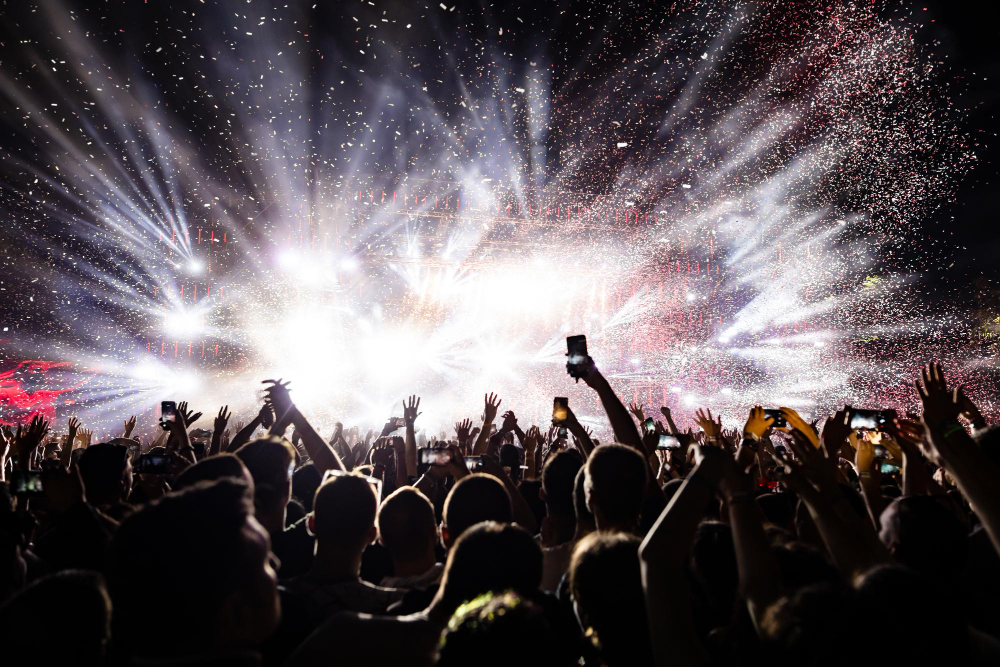Television changed the day people discovered someone playing video games on their phone was more entertaining than primetime shows. Live streaming has revolutionized entertainment. Nobody saw it coming.
Livestreaming has evolved into a global industry, encompassing everything from video games and news broadcasts to online casinos where players can interact with real dealers and compete against others in real-time.
Chat Rooms Beat TV Commercials
Streamers engage directly with their audiences, chatting in real time and responding to messages instantly. It’s a level of interaction that easily outshines sitting through TV ads between segments.
Regular viewers become part of a tight-knit group. They know streamers’ favorite foods, pet names, and daily schedules. Some have followed the same person for three years straight. That’s friendship, just through screens.
Livestreamed matches turn strangers into instant teammates. Fans cheer together, share the highs of victory, and feel the sting of defeat as one. While the streamer breaks down key plays and explains winning strategies, viewers jump in with their own suggestions. It’s a shared experience that makes the game more than just something to watch; it becomes something to belong to.
In 2023, Twitch activity spanned over 7.3 million unique broadcasting channels and averaged around 2.45 million concurrent viewers – numbers many TV networks only dream of.
This appetite for real-time interaction isn’t limited to gaming streams. Online casinos have embraced the same model, with real dealers hosting tables that players can join from anywhere in the world. Live casino games from NetBet illustrate this shift well, with professional hosts, chat features, and an atmosphere that feels closer to a social event than a solitary wager.
Geography Became Meaningless
Someone in rural Scotland can teach origami to viewers in downtown Tokyo. Distance means nothing now. Language barriers still exist, but translation apps help bridge gaps.
Cooking streams introduced British audiences to authentic Korean recipes. Travel streamers show hidden gems in countries most people cannot afford to visit. Music streams feature underground artists who would never get radio play.
The barrier to entry has nearly vanished. A simple phone camera is enough to start streaming, where personality outweighs pricey gear and authenticity always wins over polish.
Society Shifted Without Anyone Noticing
Teenagers spend more time watching streams than even some of the most-viewed Netflix shows. BBC competes with bedroom broadcasters for attention. This happened gradually, then suddenly.
Streamers became trusted advisors. Their product recommendations carry more weight than celebrity endorsements. Followers believe these people understand their interests better than marketing executives.
Teachers discovered streaming works brilliantly for education. Students ask questions during lessons instead of staying confused until homework time. Language exchanges happen naturally in chat rooms.
Fitness instructors stream workouts that feel like exercising with friends. Cooking lessons become interactive experiences where viewers can ask for ingredient substitutions immediately.
Problems Nobody Talks About Enough
The livestreaming boom has its downsides. Some viewers spend staggering amounts on donations, often prioritizing support for their favorite streamers over their own bills. Mental health experts also raise concerns about people substituting real-world friendships with online relationships formed through social media streams.
For creators, the pressure is relentless. Streaming demands hours of constant performance, and many burn out under the weight of needing to be “on” every day. Even the most successful streamers often work harder than traditional entertainers to maintain momentum.
Then there’s harassment. Unlike other public figures who can avoid the spotlight between appearances, streamers face abuse in real time. Live chat moves fast, and even with moderators, keeping up with toxic comments remains a constant struggle.
Technology Keeps Pushing Boundaries
Streaming has transformed entertainment forever. With faster internet, lower costs, and VR on the horizon, viewers expect interactive, real-time experiences that traditional media struggles to match. Platforms continue to evolve with new features, making static content feel outdated.
This cultural shift extends to gaming, sports, and even casinos, where livestreaming fosters authentic, shared experiences.

